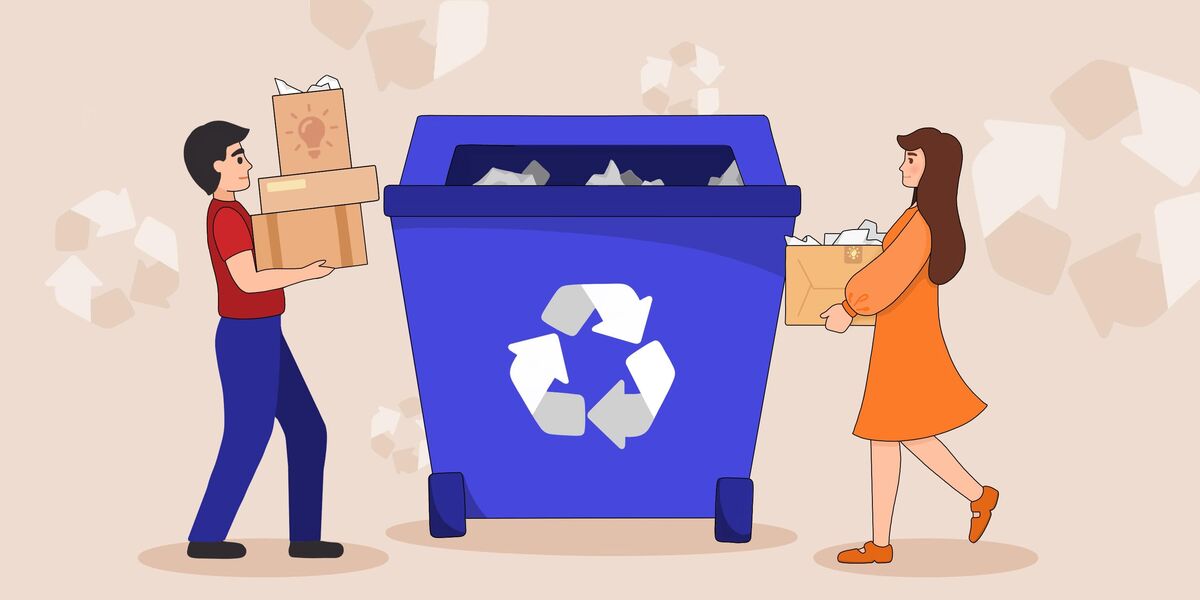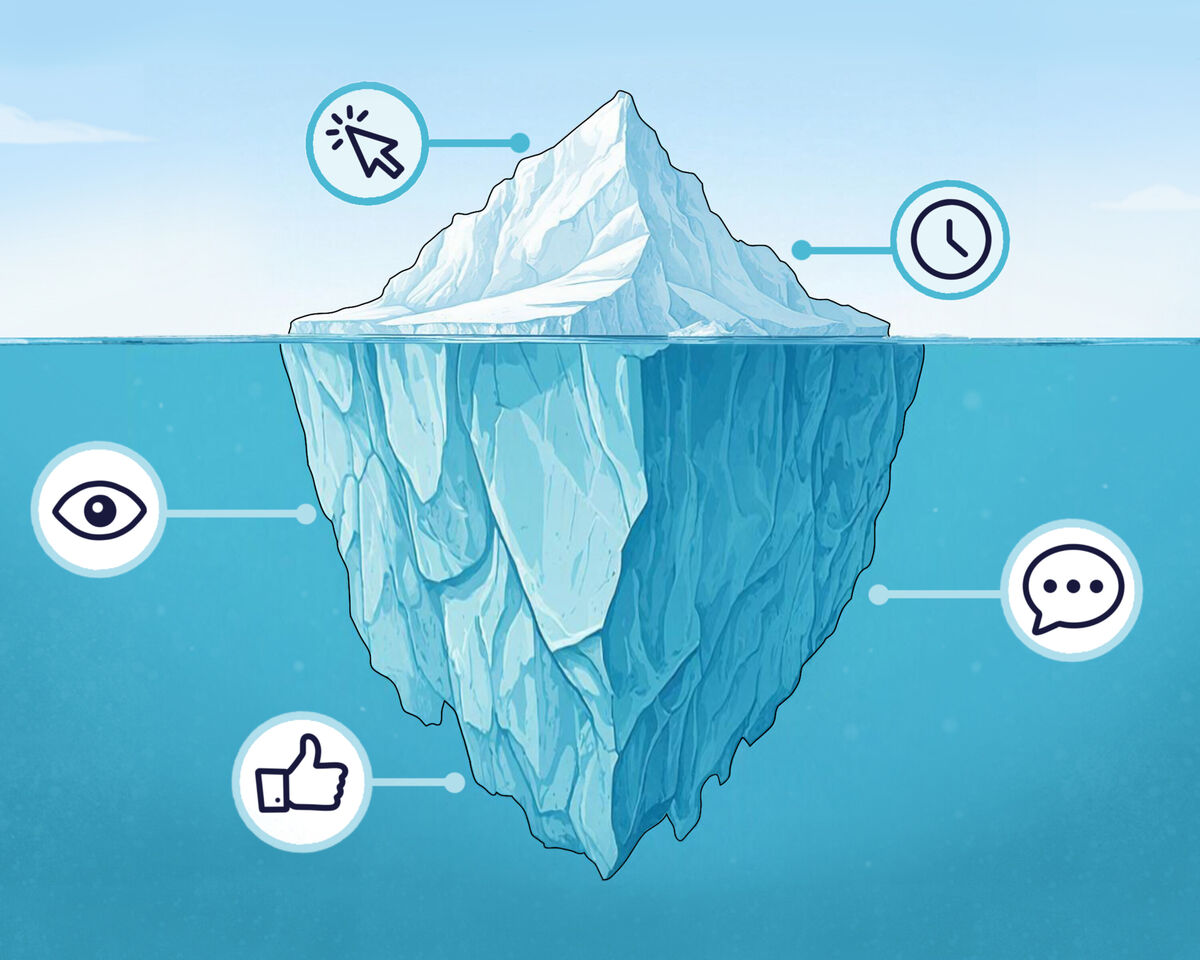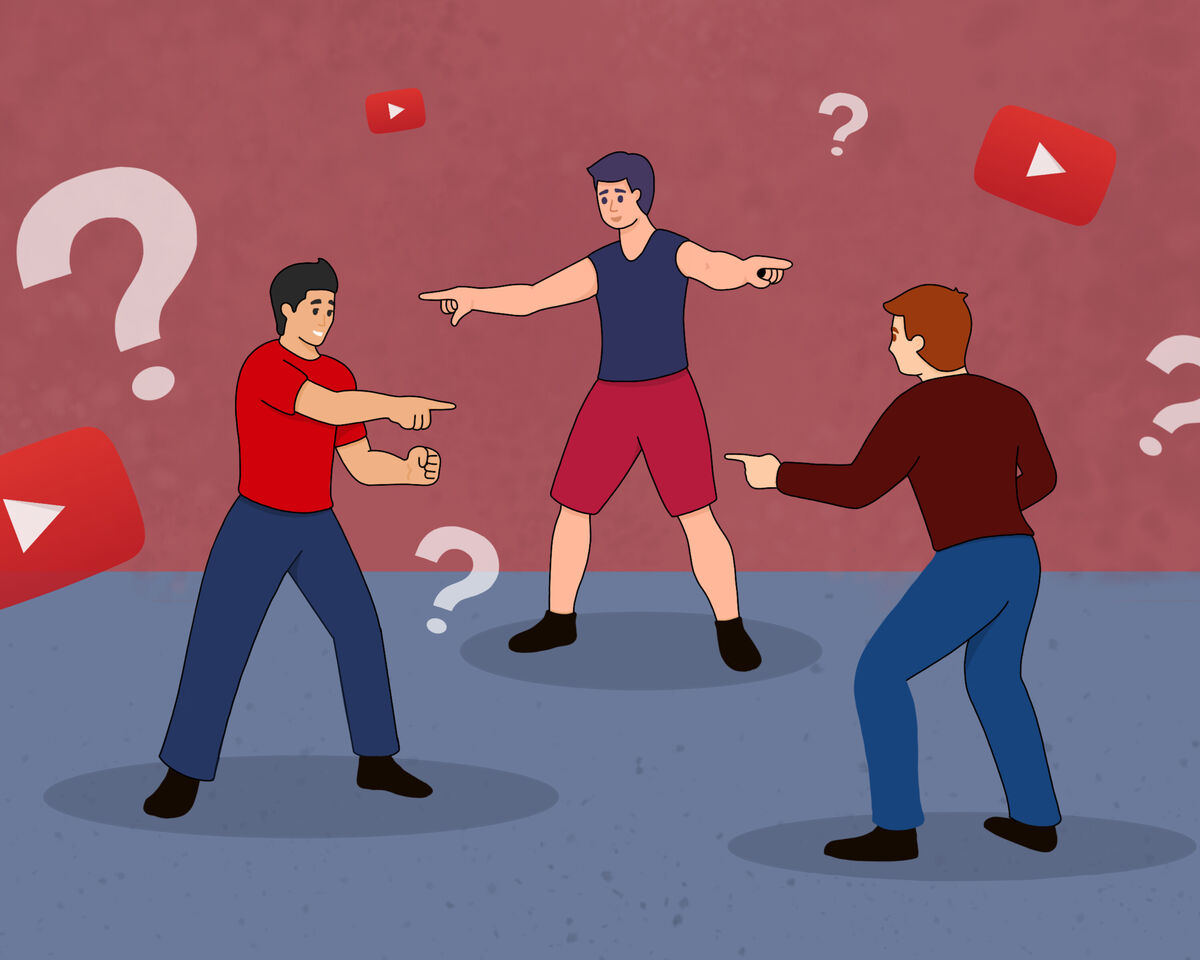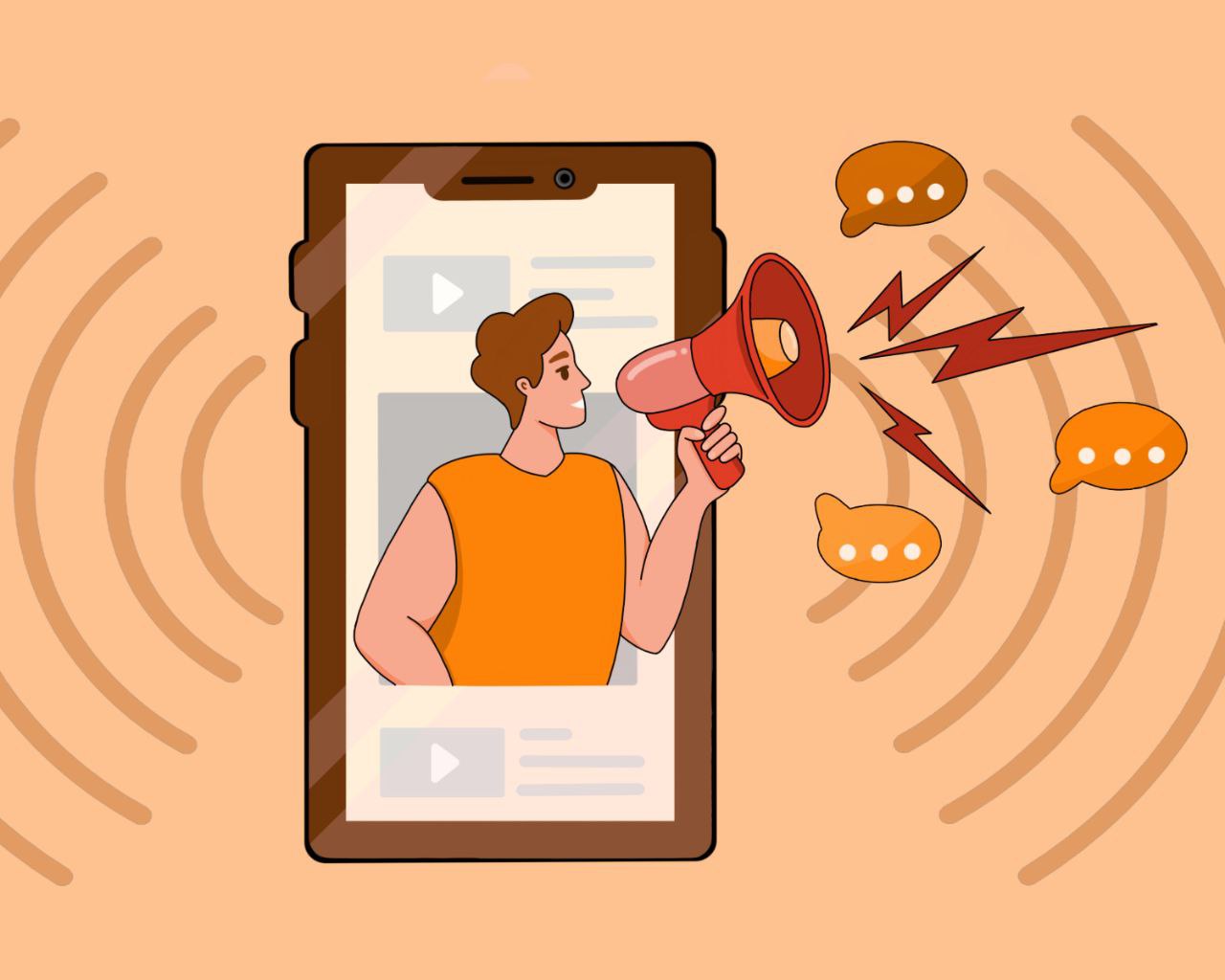Rethinking YouTube Success: Old Expert Advice vs. New Reality

We have all at some point become victims of frankly worthless advice from more or less experienced colleagues and experts. But not all advice is obviously bad and useless. Some we even successfully follow for a while. But YouTube doesn't stand still, and advice tends to become outdated.
Therefore, we suggest you check yourself—are you still following recommendations that might slow down your channel's growth or even lead it to a dead end?
Let's start, perhaps, with the fact that any advice you encounter on the internet will forever remain just recommendations. You can follow them or not follow them, it's your personal choice, and the only things you are obligated to comply with are the platform's rules and the laws of your country.
So the first mini-advice from the "ineffective" category that you might encounter on YouTube is "ONLY do it THIS way" or "DON'T do it THAT way". And this wording can apply to any topic on the platform.
No one can order you to do or not do something; each creator and expert on the platform has their own path and methodology, but there are no 100% guaranteed schemes—they can work for some channels and not work for others.
Therefore, you can actually do whatever you want with your content on the platform. It all depends on what results you want to achieve, and whether you even have a desire to get any results.
In addition, don't be surprised that all advice on YouTube promotion sounds more or less the same.
First, the platform's algorithms haven't changed radically since 2016, and second, 99% of beginning bloggers don't even follow the minimum set of recommendations. So no matter how many times you repeat it, it will still go unheeded.
But we'll repeat it for the hundred and first time with full confidence that this information will be useful to many of you. And we'll start with this harmful piece of advice—
"Optimize your videos!"
As much as we advocate for SEO work and keyword selection when formatting your videos and playlists, today optimization has little impact on the effectiveness of promotion on YouTube.
The fact is that keywords in all places of your video no longer work as they did five years ago. Previously, you could simply fill out the description properly and get traffic from search, which then moved you forward.
That is, YouTube saw that views were coming in and gave you more impressions in general—across all recommendation algorithms.
Today, the platform trend is that you will, of course, still get search traffic through optimization, but this will not affect further promotion in any way. You'll simply receive a certain number of views and subscribers from there, not necessarily even a small amount.
Another advantage—this traffic source is stable; it always slowly brings in views and subscriptions.
Also, with good SEO work, you can receive traffic from Google, as YouTube videos also appear in search results for user queries. Moreover, your video may appear in search results not only because of the title but also, for example, because of timestamp titles.
But there's also such a paradox on YouTube: good SEO work doesn't guarantee you'll even reach the top of search results on the platform itself.
YouTube is quite vague about how videos are ranked in search. It's not just metadata and SEO work that will promote your video even in search, but also effectiveness signals from viewers, such as views, retention, likes, comments, and so on.
So it turns out that if you create quality SEO content for your video, it certainly won't harm you. But it won't affect promotion effectiveness either.
Even if you've just started your channel and gained views and subscribers only through search, you still need to focus primarily on recommendations, and here what's more important are: clicks, retention, audience activity, completion rates, and other data that are not related to SEO.
In general, the most important thing that will really affect your promotion is the ability to masterfully tap into audience interests, as nothing is more important than viewers—after all, without them, we won't succeed as bloggers.
And optimization today is more useful for preparing and selecting successful video topics, studying trends in your niche, and creating a promotion strategy.
"Make interesting videos and then your content will be promoted!"
Unfortunately, today it doesn't work that way: YouTube has competition, algorithms, rules, and many other things that will affect your promotion.
If you throw all your efforts into learning how to make captivating videos at the level of Hollywood blockbusters, you'll miss many important things you need besides the content itself, for example, studying competitors and the interests of your audience.
We would recommend focusing on this even before you buy equipment worth millions. But then a reasonable question arises: what should you do with all this?
Start by defining your goals for being on the platform: are you here for fun, and you simply enjoy blogging; do you want to do what you like and earn money; or do you plan exclusively to earn money, and everything else isn't so important.
Your goal is a reflection of yourself. And if you create content that doesn't describe you, your character, and the atmosphere on your own channel, but simply try time after time to copy what someone else is doing, hoping to repeat their success story—then there's a high chance you'll quickly tire of what you're doing and burn out.
No one is immune to burnout, but people who create something they genuinely like, meaning they're driven by passion for their work, are definitely less prone to burning out.
Otherwise, YouTube becomes a job where you must only do what someone else does and only what others like.
The philosophy here is simple: create what you like and in a way that you yourself would want to watch.
In general, there are many tactics and strategies. For different channels in different niches, some may work, and others may not.
For example, it's useless to try to conquer the gaming niche by optimizing videos with keywords, and in expert content aimed at answering user questions, it's not always necessary to stuff thumbnails and titles with clickbait.
And even the assertion that the only thing you absolutely need to include in any promotion strategy is high-quality content is not always relevant.
For instance, compilations of funny videos clearly don't stand out for the 4K quality that you could display on a huge plasma screen and admire the beautiful content. But on the other hand, no ASMR content is imaginable anymore without amazing filming and high-quality sound recording.
Your promotion strategy will depend both on your goals on the platform and on the niche and topic you choose for it.
Therefore, the advice to create interesting and high-quality content because that's the only way you can become popular doesn't work today.
However, we can confidently say that finding your target audience and views definitely works as a format for effective promotion on YouTube, and our Prodvigate service can always help you with this.
Our team will take control of the complex process of promoting videos and channels on YouTube and make it as accessible as possible for users.
Thanks to Prodvigate's smart algorithms, you'll be able to find subscribers who will be interested in your channel, your topics, and you as a creator. As a bonus, this audience will bring you organic growth!
Choose specific videos for promotion, track statistics, views, and subscriber growth in your personal account.
And meanwhile, here comes the greatest scam from YouTube and promotion experts—
"Shadowban does not exist!"
In fact, this is both true and not true.
The very concept of "shadow ban" is a mythical definition that creators on the platform give to what they cannot explain.
Therefore, we've become accustomed to saying that shadow bans don't exist, and in most cases this is indeed true. And only in one case out of a thousand does it actually occur, but it's called something else.
Let's go through this step by step.
- If your view count has dropped but is NOT ZERO, then it's definitely not a shadow ban.
If your views have dropped, the first thing to do is look for the problem in your content, not on YouTube.
Views can drop for a million different reasons, none of which are a shadow ban.
For YouTube to recommend your video to someone, the platform first collects an enormous amount of data about it: metadata, views, clicks, watch time, comments, likes, dislikes, how many times people hit the "Share" button, how often specific moments are rewatched — and the list goes on and on.
So, your views may have dropped simply because one of those signals started getting fewer reactions from the audience.
But sometimes, a drop in views does involve YouTube to some extent.
For example, age restrictions placed on your videos by YouTube can reduce their reach.
Let’s say you used profanity in your video — not enough to demonetize it, but enough to mark it as 18+. That alone can limit its audience.
Now, fewer viewers fit the age requirement to watch that video, and naturally, YouTube will recommend it to fewer people. That means fewer views.
To check which of your videos have such restrictions, go to your channel and enable Restricted Mode. Any videos that disappear have received age restrictions.
Now, let’s go over other situations that creators often can’t explain — and end up calling a “shadow ban.”
One common example:
A video is published, it gains views, and then suddenly — the views stop growing.
But don’t rush to cry “shadow ban,” because if the video had any views at all, it’s not one.
Here’s what could’ve happened: your video was relevant and performing well, but then another creator released a video on the same topic and simply did it better. So now all the attention goes to them. That’s completely normal.
This happens especially often when a lot of traffic is coming from YouTube search.
Okay, fair question — what is a shadow ban, then? Does it even exist?
Let’s put it this way: yes, a shadow ban exists, but it’s a very rare and specific situation that only affects a tiny number of creators.
If every single new video you publish gets zero views, meaning YouTube shows it to no one, and even your subscribers can’t find or watch it — then you might be under a shadow ban.
But here’s the catch: that doesn’t happen for no reason.
YouTube applies those kinds of restrictions when a channel uploads extremist content.
And as for what counts as that kind of content — only YouTube knows for sure. So your best bet is to read their rules carefully.
We'll leave you a link to an article where the platform explains this type of content in great detail.
Besides the definition itself, you can also find information there about how many channels and videos YouTube removes with similar content. The numbers are impressive, however, there is a caveat.
If you carefully read the platform's rules, there is a rather questionable wording: "When we receive complaints about such content, we remove it."
That is, before receiving complaints from users, the content may not be removed.
So it's quite possible that your videos on the channel won't actually receive any warnings or strikes, but they can very well earn "display restrictions." You will see your content, viewers can also watch it via direct links, but it won't appear in any recommendation systems.
A good example of how this "shadow ban" format works is the section in the comments in Creator Studio called "Held for review." There are comments from users that you see in this section and the commentators themselves. And no one else..
So let's agree on this: you stop trying to make the concept of "shadow ban" a mysterious and unknown beast, and start objectively assessing why your content has ceased to be interesting to the audience. And then, we assure you, you will feel tangible progress in the quality of your authorial work on the channel much faster than if you continued to blame the shadow ban for all your misfortunes.




